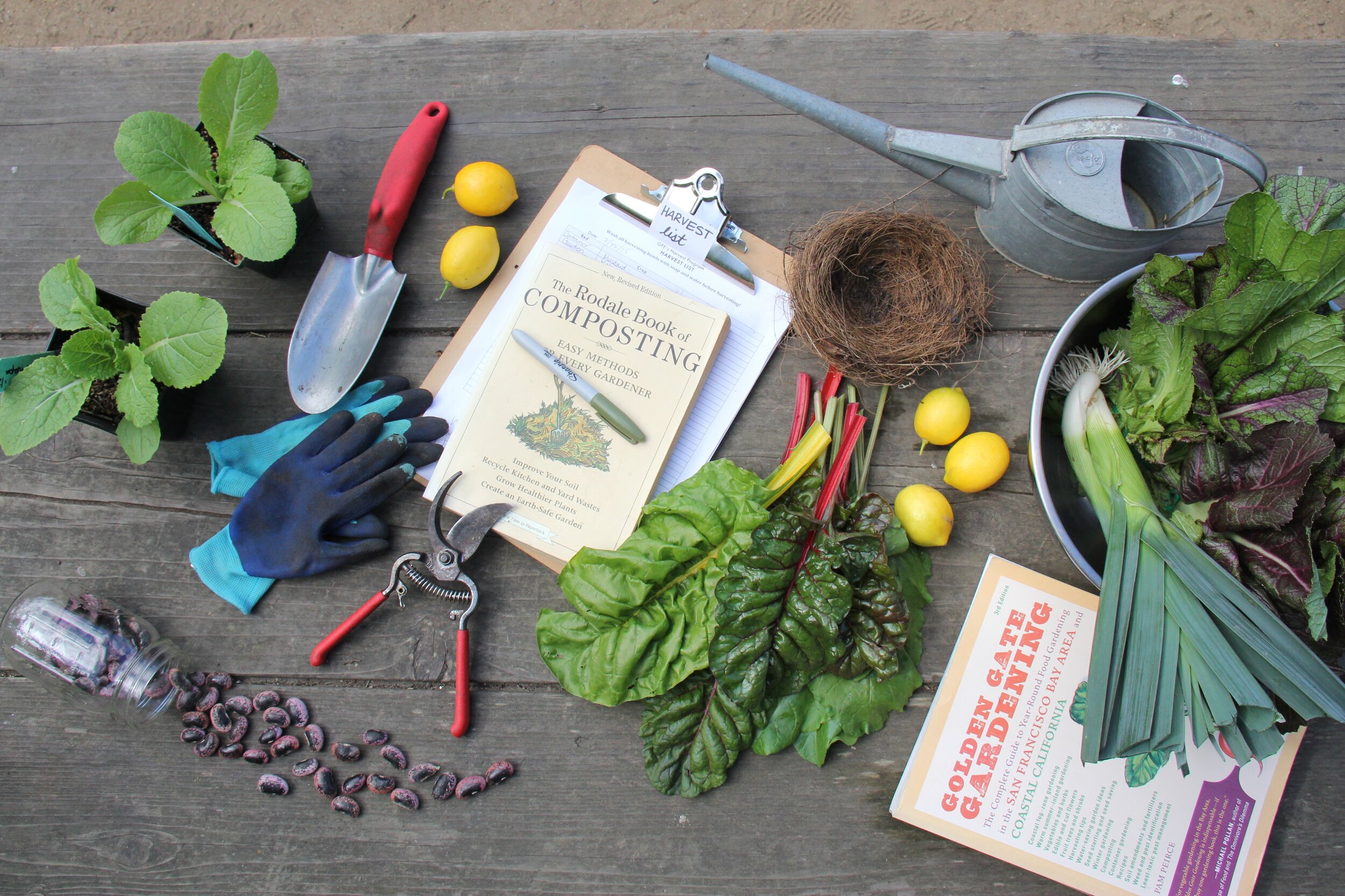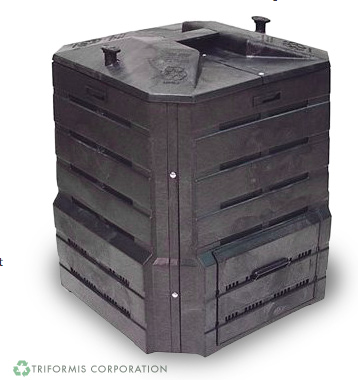Troubleshooting: Compost
/We are compost fanatics here at GFE and for a number of reasons.
Compost is an excellent introduction to the amazing garden world. It shows how a web of important fungus, bacteria and invertebrates (yep, the FBI) play an instrumental role in our ecosystem.
Compost is nature’s best fertilizer and soil amendment, improving literally any soil you add it to. If your soil is dry and sandy, compost acts as a sponge that holds in moisture and nutrients. If your soil is clay-filled and compacted, compost provides aeration and lightness.
Making compost yourself closes the environmental loop, keeping organic material from your garden, in your garden, and reducing your need for purchased fertilizers and soil amendments.
Plants have a naturally symbiotic relationship with compost, meaning they will help themselves to the nutrients they need and leave behind the ones they don’t.
In a summer-dry climate such as the San Francisco Bay Area, compost is a major water-saving feature for our soil.
We joke that the compost area of our garden is our “kitchen”. Where everyone gathers and wants to hang out during garden days.
Compost is a natural process without a strict formula. There are 4 basic components to compost:
Carbon (“browns”)
Nitrogen (“greens”)
Air
Water
Making compost is a lot like those old recipes you get from your grandma. There are very few measurements and the instructions say things like, “add enough water to get a nice, wet consistency.” So unspecific! But these natural processes cannot be too exact or you lose what make them organic and natural. No two compost piles are exactly alike, since your ingredients will never be the exact same.
What we recommend is to build a compost pile based on roughly the same amount of carbonaceous and nitrogenous ingredients by volume. Keep your pile light and fluffy and wet it so it is the dampness of a wrung out sponge. If you are able to turn it, just mix it like a bowl of brownies, every few weeks great. If not, don’t worry. Now observe and troubleshoot.
With a bit of time, that is all But if you build a compost pile and you notice it seems to wet, or too stinky, or maybe too dry or not doing a whole lot - what do you do?
Here are the most commonly noted problems we are asked about in our garden and how to remedy them in your home compost pile.
More resources:
Where to buy a single-bin compost system (tell them you are a friend of GFE!)
Once we are back in the garden with programming, sign up for our FREE monthly compost class to learn more!





